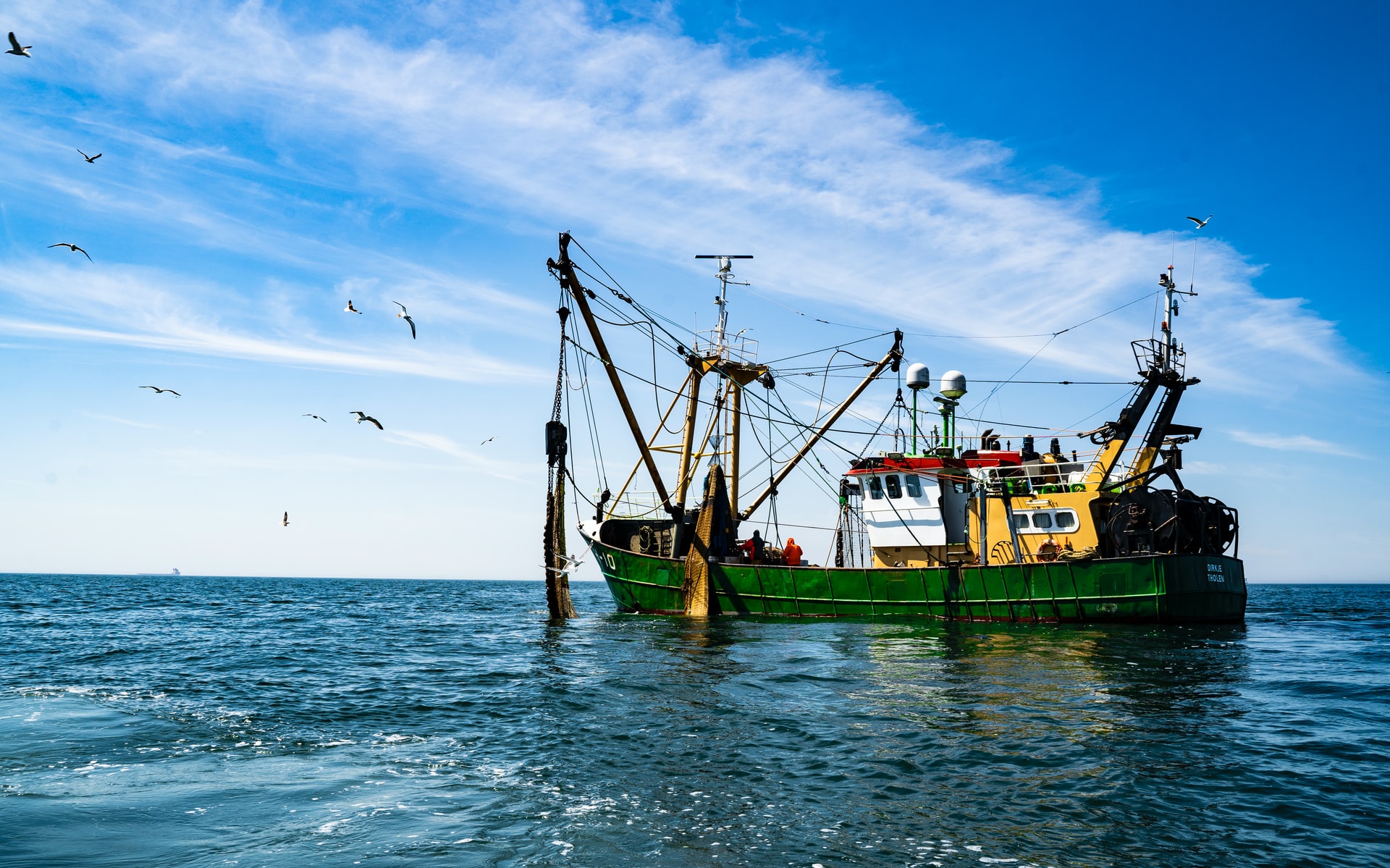HNDS-I: A global seafood trade network database for sustainable food systems, human health, and nutrition security

Photo by Paul Einerhand on Unsplash
I’m excited to be working with the amazing Jessica Gephart over the next few years! We will be making seafood trade data more accessible to researchers through downloadable analysis and visualization packages. More information coming soon.
Abstract
Around the world, over a quarter of all food is traded internationally. Global trade can provide foods at lower prices, supply more types of foods year-round, and resist local supply shortages, such as crop failures. At the same time, global trade has drawbacks and can pose a risk to food security. For example, environmental disasters can create supply shortages that are passed on to importing countries or nutritious foods can be redirected away from domestic markets. Seafood is an important source of nutrition around the world and is among the most highly traded foods. As a result, it is important to understand when global seafood trade either improves or threatens food and nutrition security. This grant supports the construction of a database that tracks the flows of products in the global seafood market. The database includes information on the kinds of seafood that are being traded across countries, who is selling it and who is buying it, and how this network of buyers and sellers changes over time.
This project constructs the Aquatic Resource Trade in Species (ARTIS) database which shows the global flow of seafood species for the first time. This database enables research on the environmental and human outcomes of food system globalization, including a better understanding of the conditions under which trade promotes environmental sustainability, human health, and food security. Research in these areas has been limited by missing data and, for the data that exist, mismatches in the taxonomic and product resolution of the data. The ARTIS database uses techniques of optimization to align public data sets. These linked datasets are joined to new data on the nutrient content of different kinds of seafood. ARTIS is available to researchers through published underlying data and code and a downloadable R package that archives the data and code. The project also develops an interactive website that will allow users to explore the seafood trade without downloading data or requiring coding skills. The ARTIS database is important for answering pressing questions about the role of global seafood trade in sustainable food production and nutrition security.
Principal Investigators
Jessica Gephart (Principal Investigator), Alex Godwin (Co-Principal Investigator)
